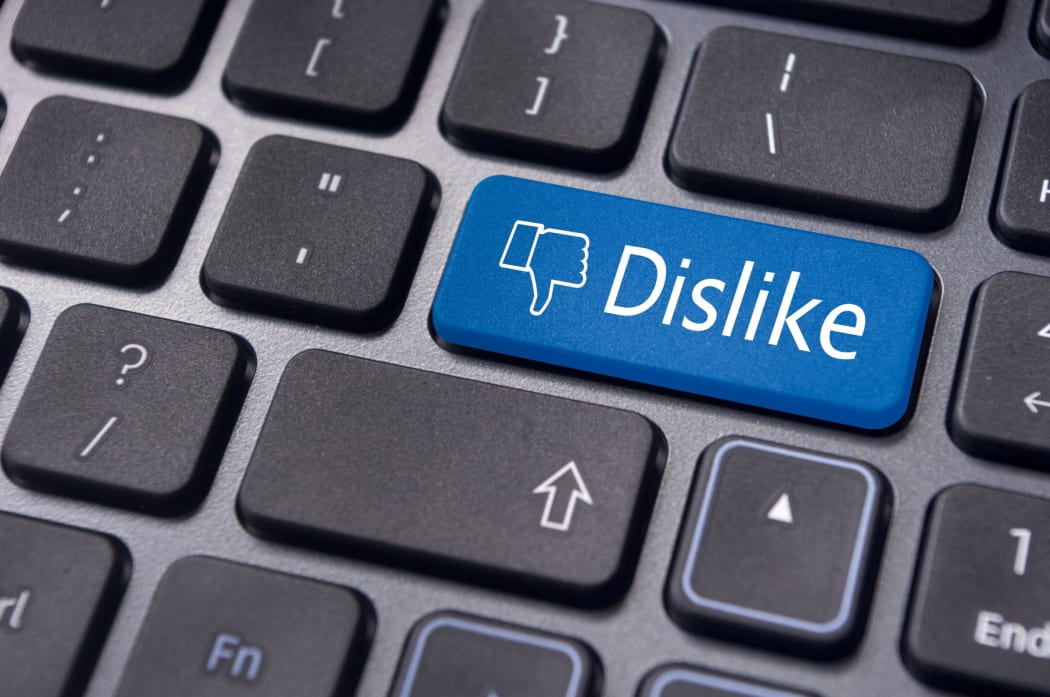“Aggression, manipulativeness, low agreeableness.” Sound familiar?

Photo: Illustration: 123RF
Illustration: 123RF
A new study analysing people’s motivations for trolling has found men are more likely to bully others on Facebook because they’re more narcissistic.
Researchers from Brunel and Goldsmiths universities in London surveyed 573 people and examined their Facebook usage. The study is one of the first to examine the differences between men and women’s use of Facebook.
They found that men are more likely to behave antisocially online, often by using Facebook for attention-seeking, exhibitionism and trolling. This can be explained, they say, by men tending to be more narcissistic - something previous studies have shown.
Narcissism is a personality disorder characterised by a grandiose view of one's abilities and a craving for admiration.
“When narcissists use Facebook, they tend to do so for self-promotion and to elicit attention from their circles,” the authors say.
“For example, narcissists are more likely to post self-promoting content, including frequent Facebook status updates and brag about their achievements in their updates.”
They say that narcissism often plays out in comment sections.
Anyone can become a troll in the right context.
“Many of the traits that are descriptive of a narcissist are also descriptive of a bully, such as proneness to aggression and manipulativeness, low agreeableness, and reactions such as derogation to negative feedback with the intent to re-establish power and self-esteem.”
Other traits include users seeking more online support than they’re willing to give, and getting angry when their “friends” don’t comment on their content.
The study found that while “anyone can become a troll in the right context”, women tend to use Facebook for more positive, social reasons.
“[This includes a] need for belonging and maintaining relationships through connecting and communicating. Prosocial behaviour can include empathic, warm, pro-relationship behaviour that promotes a sense of belongingness and connection between individuals.”
The study says women are more likely to express emotional support on Facebook.
The authors also point out that some blame can be attached to gender stereotyping such as competitiveness, the need for achievement and dominance - attributes that are more often praised in men and criticised in women.
Inappropriate online behaviour needs to be looked at more comprehensively.
AUT new media senior lecturer Philippa Smith says the research is helpful in understanding about gender when it comes to trolling, but generalisations can be dangerous.
Of the 573 participants in the study, 75 percent were Pākehā, 59 percent were women, they had on average 304 Facebook friends and usually spent almost two hours each day on the platform.
“We don’t know other factors about the participants such as their age or situation, and we also don’t know how likely it is that people who troll or bully might even want to be involved in this type of study,” says Dr Smith.
“Anecdotal evidence suggests that men troll online more than women but we still have both males and females behaving inappropriately when it comes to harmful digital communications. I think more importantly the issue of inappropriate online behaviour needs to be looked at more comprehensively.”
Dr Smith says understanding why people bully or troll online is important. “Young people today are having to deal with stressful and inappropriate communication that can have devastating effects.”
The online world is an easy platform for attention-seeking, she says.
“It is not always easy for a person to ignore when they are being trolled or bullied. What is important is to educate people about the impact their actions might have on a person’s life so that they think before they act.”
The study will be published in the December issue of Computers in Human Behavior.
The authors hope their findings can help lead to policies that encourage positive online behaviour and curb trolling.
*Information on eight Netsafe projects funded to combat online abuse, bullying and harassment in New Zealand can be found here.


